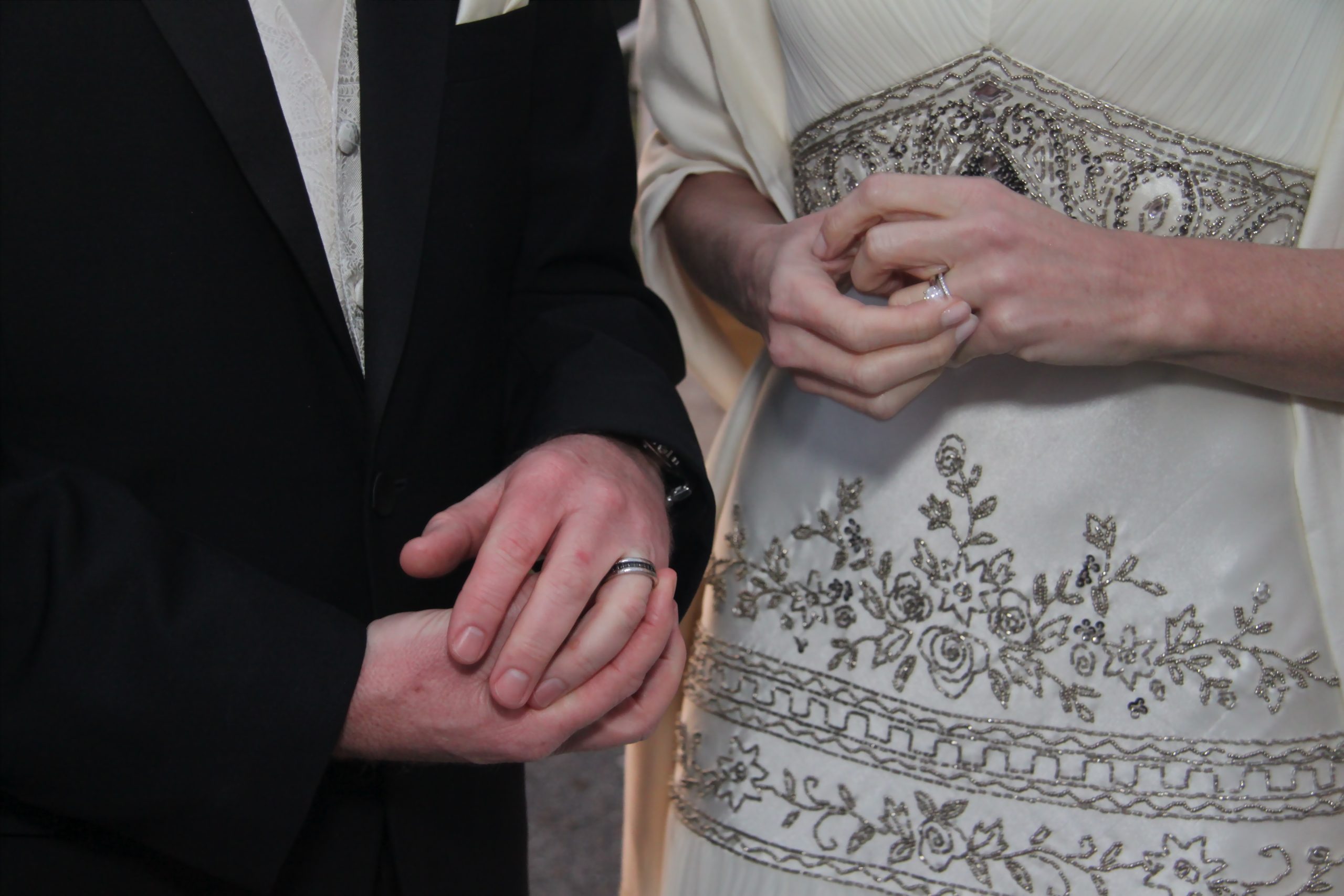 Buckle up your seatbelts and get ready for a wild ride through the twists and turns of Bosley’s Driving School saga! Meet Mr. Bosley, the daring entrepreneur behind this driving school extravaganza, with locations in the charming towns of Donaldsonville and Gonzales, Louisiana. Now, picture this: Mr. Bosley is on a mission to teach the art of driving, but not just any driving – he dreams of offering the elusive 38-hour driver’s education course. But, oh, the drama unfolds when his dreams clash with the stern rules and regulations of the Louisiana driver’s education system. Despite a denial that would make even the bravest soul reconsider, Mr. Bosley and his team continued their quest, issuing certificates left and right. Little did they know, the authorities were hot on their tail, leading to a showdown of epic proportions. Fast forward to courtroom battles, administrative hearings, and a rollercoaster of legal twists that could rival any Hollywood blockbuster. Will Mr. Bosley’s driving school dreams come crashing to a halt, or will he find a way to steer his way out of this legal maze? Strap in and find out!
Buckle up your seatbelts and get ready for a wild ride through the twists and turns of Bosley’s Driving School saga! Meet Mr. Bosley, the daring entrepreneur behind this driving school extravaganza, with locations in the charming towns of Donaldsonville and Gonzales, Louisiana. Now, picture this: Mr. Bosley is on a mission to teach the art of driving, but not just any driving – he dreams of offering the elusive 38-hour driver’s education course. But, oh, the drama unfolds when his dreams clash with the stern rules and regulations of the Louisiana driver’s education system. Despite a denial that would make even the bravest soul reconsider, Mr. Bosley and his team continued their quest, issuing certificates left and right. Little did they know, the authorities were hot on their tail, leading to a showdown of epic proportions. Fast forward to courtroom battles, administrative hearings, and a rollercoaster of legal twists that could rival any Hollywood blockbuster. Will Mr. Bosley’s driving school dreams come crashing to a halt, or will he find a way to steer his way out of this legal maze? Strap in and find out!
Mr. Bosley owns and runs Bosley’s Driving School for drivers’ education classes. The driving school has two locations—one in Donaldsonville and the other in Gonzales, Louisiana. The Donaldsonville location was licensed to teach 6 hours of classroom instruction, while the Gonzales location was licensed to teach the full 14-hour driver’s education course. Neither location was licensed to teach the 38-hour course. Louisiana offers two types of driver’s education courses: (1) A 14-hour course for individuals over eighteen, which requires 6 hours of classroom instruction and 8 hours of behind-the-wheel driving, and (2) a 38-hour course for individuals under eighteen, which requires 30 hours of classroom instruction and 8 hours of behind -the -wheel driving. La. R.S. 32:402. 1.
In October 2012, Bosley applied for permission to instruct the 38-hour driver’s ed course. On December 10, 2012, Bosley was notified via email that their application was denied because they needed to meet the curriculum requirements. Regardless of this denial, Bosley continued to issue certificates of completion of the 38-hour course to several students. When the State learned of this, they sent Bosley an order to cease further operations as a driving school and third-party tester in Louisiana. On March 27, 2014, the State notified Bosley that because he was providing students with the 38-hour driver’s education course despite needing to be licensed, his licenses to teach the 6-hour and the 14-hour courses were rescinded. Bosley filed an appeal and requested a hearing.
 In the legal world, every word holds significance. Clarity and precision are of the utmost priority because even the slightest bit of ambiguity can have dire consequences. This is a truth that Terry Gotch would later find out after he filed suit against Scooby’s ASAP Towing LLC following a vehicular accident in Louisiana.
In the legal world, every word holds significance. Clarity and precision are of the utmost priority because even the slightest bit of ambiguity can have dire consequences. This is a truth that Terry Gotch would later find out after he filed suit against Scooby’s ASAP Towing LLC following a vehicular accident in Louisiana. Insurance Dispute Lawyer Blog
Insurance Dispute Lawyer Blog



 Buckle up your seatbelts and get ready for a wild ride through the twists and turns of Bosley’s Driving School saga! Meet Mr. Bosley, the daring entrepreneur behind this driving school extravaganza, with locations in the charming towns of Donaldsonville and Gonzales, Louisiana. Now, picture this: Mr. Bosley is on a mission to teach the art of driving, but not just any driving – he dreams of offering the elusive 38-hour driver’s education course. But, oh, the drama unfolds when his dreams clash with the stern rules and regulations of the Louisiana driver’s education system. Despite a denial that would make even the bravest soul reconsider, Mr. Bosley and his team continued their quest, issuing certificates left and right. Little did they know, the authorities were hot on their tail, leading to a showdown of epic proportions. Fast forward to courtroom battles, administrative hearings, and a rollercoaster of legal twists that could rival any Hollywood blockbuster. Will Mr. Bosley’s driving school dreams come crashing to a halt, or will he find a way to steer his way out of this legal maze? Strap in and find out!
Buckle up your seatbelts and get ready for a wild ride through the twists and turns of Bosley’s Driving School saga! Meet Mr. Bosley, the daring entrepreneur behind this driving school extravaganza, with locations in the charming towns of Donaldsonville and Gonzales, Louisiana. Now, picture this: Mr. Bosley is on a mission to teach the art of driving, but not just any driving – he dreams of offering the elusive 38-hour driver’s education course. But, oh, the drama unfolds when his dreams clash with the stern rules and regulations of the Louisiana driver’s education system. Despite a denial that would make even the bravest soul reconsider, Mr. Bosley and his team continued their quest, issuing certificates left and right. Little did they know, the authorities were hot on their tail, leading to a showdown of epic proportions. Fast forward to courtroom battles, administrative hearings, and a rollercoaster of legal twists that could rival any Hollywood blockbuster. Will Mr. Bosley’s driving school dreams come crashing to a halt, or will he find a way to steer his way out of this legal maze? Strap in and find out! Employees are often exposed to stressful situations while at work, whether from unhelpful coworkers or understaffing. Under what circumstances are resulting mental injuries entitled to workers’ compensation?
Employees are often exposed to stressful situations while at work, whether from unhelpful coworkers or understaffing. Under what circumstances are resulting mental injuries entitled to workers’ compensation?  Medical testimony is an essential part of determining whether an injured worker has a valid claim. What happens if the doctors’ diagnoses conflict and they reach different conclusions about whether an injured worker can return to work?
Medical testimony is an essential part of determining whether an injured worker has a valid claim. What happens if the doctors’ diagnoses conflict and they reach different conclusions about whether an injured worker can return to work? It is common to borrow a car from a family member or friend. If you are unfortunately involved in an accident while driving a borrowed car, who is liable for damages if the accident results from inadequate maintenance?
It is common to borrow a car from a family member or friend. If you are unfortunately involved in an accident while driving a borrowed car, who is liable for damages if the accident results from inadequate maintenance?  It is always tragic when a loved one passes away, especially when there are children are involved. Death benefits are part of the workers’ compensation system intended to help the surviving family members when someone passes away as a result of an on-the-job accident. However, with the evolving definition of a family, there can sometimes be complicated legal issues about who is entitled to recover death benefits. This case involves a claim from a supposedly unmarried romantic partner who had a child with the worker who died in an accident at work.
It is always tragic when a loved one passes away, especially when there are children are involved. Death benefits are part of the workers’ compensation system intended to help the surviving family members when someone passes away as a result of an on-the-job accident. However, with the evolving definition of a family, there can sometimes be complicated legal issues about who is entitled to recover death benefits. This case involves a claim from a supposedly unmarried romantic partner who had a child with the worker who died in an accident at work.  If you are involved in an automobile accident, it can be difficult to navigate insurance claims and coverage. The situation becomes even more complicated when there are multiple insurance policies involved. How is coverage allocated between multiple relevant insurance policies?
If you are involved in an automobile accident, it can be difficult to navigate insurance claims and coverage. The situation becomes even more complicated when there are multiple insurance policies involved. How is coverage allocated between multiple relevant insurance policies? If you are considering filing a lawsuit, it is essential that you file it in the correct venue. Otherwise, the court may lack authority to hear your claim and will not be able to consider the merits of your case.
If you are considering filing a lawsuit, it is essential that you file it in the correct venue. Otherwise, the court may lack authority to hear your claim and will not be able to consider the merits of your case.  While workers’ compensation is intended to compensate injured workers, there are a number of procedural requirements with which an injured worker must comply in order for his or her company to cover the medical treatments. This case illustrates the importance of complying with procedural requirements and submitting all required paperwork.
While workers’ compensation is intended to compensate injured workers, there are a number of procedural requirements with which an injured worker must comply in order for his or her company to cover the medical treatments. This case illustrates the importance of complying with procedural requirements and submitting all required paperwork. One frequent use of contracts is to establish how much someone will be paid for specified work. Clear contractual language can help prevent disputes down the road. What happens if you do not receive all the compensation to which you are entitled under your contract?
One frequent use of contracts is to establish how much someone will be paid for specified work. Clear contractual language can help prevent disputes down the road. What happens if you do not receive all the compensation to which you are entitled under your contract?